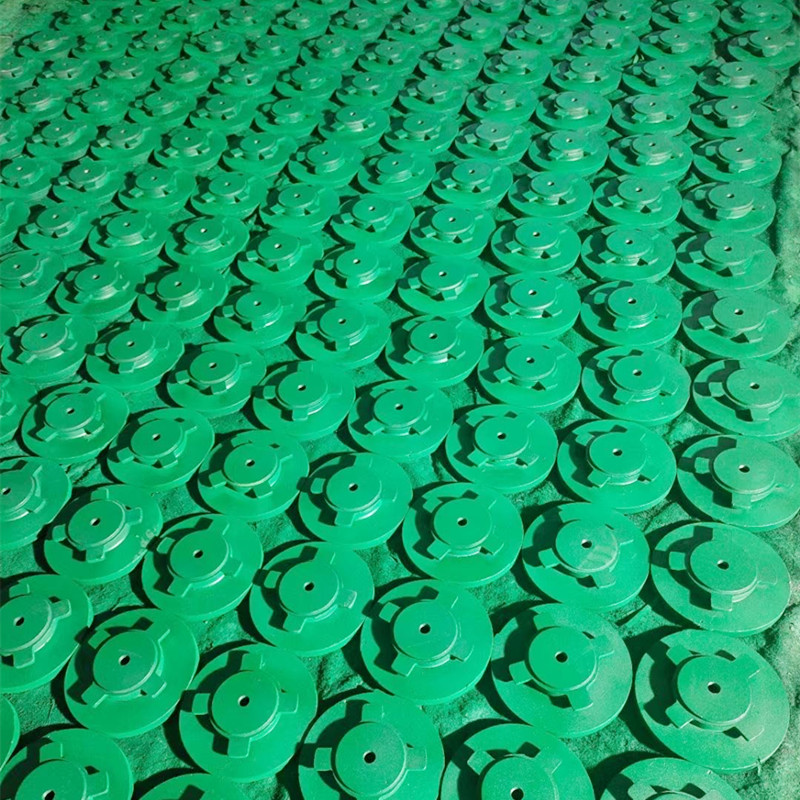dec . 15, 2024 03:24 Back to list
Understanding Standard Pin Gauges and Their Applications in Precision Measurement
Understanding Standard Pin Gauges Importance, Types, and Applications
Standard pin gauges are precision instruments used to measure and verify the dimensions, particularly diameters and sizes of holes and slots. As a fundamental tool in engineering and manufacturing, pin gauges play a vital role in ensuring the accurate production of components and the assembly of machinery. This article explores the importance, types, and applications of standard pin gauges.
Importance of Standard Pin Gauges
In today's competitive manufacturing landscape, precision is paramount. Standard pin gauges help maintain high standards of quality control by providing a reliable means of measurement. Their significance lies in enabling manufacturers to check the dimensions of parts with high accuracy, thus guaranteeing that components fit together as intended.
Additionally, pin gauges serve as a benchmark for other measurement tools and processes. When assessing the performance of machinery or tools, having a definitive standard against which dimensions can be measured is essential. This is particularly critical in industries like aerospace, automotive, and electronics, where even the slightest deviation can lead to significant issues.
Types of Standard Pin Gauges
Pin gauges come in various types, each designed for specific measuring tasks. Here are a few common types
1. Go and No-Go Gauges These are the most basic form of pin gauges. The “Go” gauge is used to check whether a dimension is within the acceptable range, while the “No-Go” gauge checks for the opposite, ensuring that the dimension does not exceed the specified limit. Together, these gauges provide a clear pass/fail indication.
2. Tapered Pin Gauges These are designed with a tapered shape, allowing users to measure small internal diameters or to evaluate slots and grooves that cannot accommodate a straight gauge.
3. Parallel Pin Gauges Unlike tapered pin gauges, these have a fixed diameter throughout their length, making them ideal for checking consistent dimensions and for applications where the straightness of the gauge is essential.
4. Specialty Pin Gauges Some applications may require custom pin gauges designed for specific tasks. These can vary in length, diameter, and material based on the measurement needs.
standard pin gauge

Materials and Manufacturing
Standard pin gauges are commonly manufactured from high-carbon steel or stainless steel to ensure durability and resistance to wear. Their surfaces are often hardened and ground to achieve precision. Some manufacturers may also offer gauges with special coatings to enhance corrosion resistance.
Quality assurance is critical in the manufacturing of pin gauges. Each gauge must adhere to strict tolerances, and it is common for manufacturers to use calibrated reference standards during production. This ensures that every pin gauge produced meets the required specifications and maintains reliability in measurement.
Applications of Standard Pin Gauges
The applications of standard pin gauges are vast and varied across industries
1. Quality Control in Manufacturing Organizations use pin gauges to check the sizes of holes, shafts, and other critical dimensions during quality control processes. This application ensures that products meet design specifications and prevent defects.
2. Machinery Maintenance In industrial settings, maintenance engineers utilize pin gauges to check for wear and tear in mechanical components. Regular checks can reveal when parts may need replacement before they lead to machine failure.
3. Assembly Processes During the assembly of complex systems, pin gauges help technicians verify that parts fit together as intended. This is particularly vital in settings like aerospace and automotive manufacturing, where assembly precision is non-negotiable.
4. Calibration of Tools Pin gauges are also used for the calibration of other measuring devices, ensuring that tools such as micrometers, calipers, and other gauges operate within their specified limits.
Conclusion
Standard pin gauges are indispensable tools in precision measurement, offering essential support in manufacturing, quality control, and maintenance processes. By employing these gauges, industries can ensure the accuracy of their components, enhance product quality, and maintain stringent standards of performance. As technology evolves, the roles and designs of pin gauges may continue to adapt, but their foundational importance in achieving precision will remain unchanged.
-
Why Metric Trapezoidal Thread is Ideal for Precision Motion ControlNewsAug.05,2025
-
The Unique Properties of a Block of Granite for Industrial UseNewsAug.05,2025
-
The Role of Flanged Y Strainers in Preventing Pipeline ClogsNewsAug.05,2025
-
The Importance of Regular Calibration for Master Ring GagesNewsAug.05,2025
-
How a Cast Iron Surface Table Enhances Accuracy in ManufacturingNewsAug.05,2025
-
Comparing Different Check Valve Types for Optimal Flow ControlNewsAug.05,2025
Related PRODUCTS









